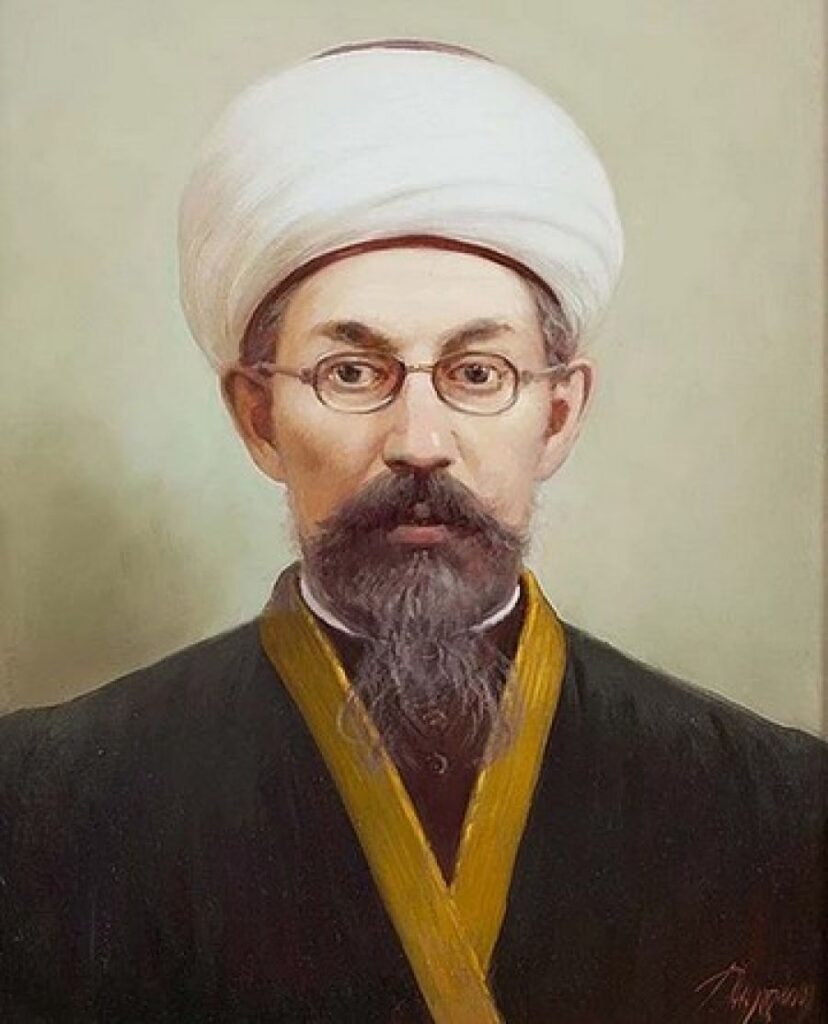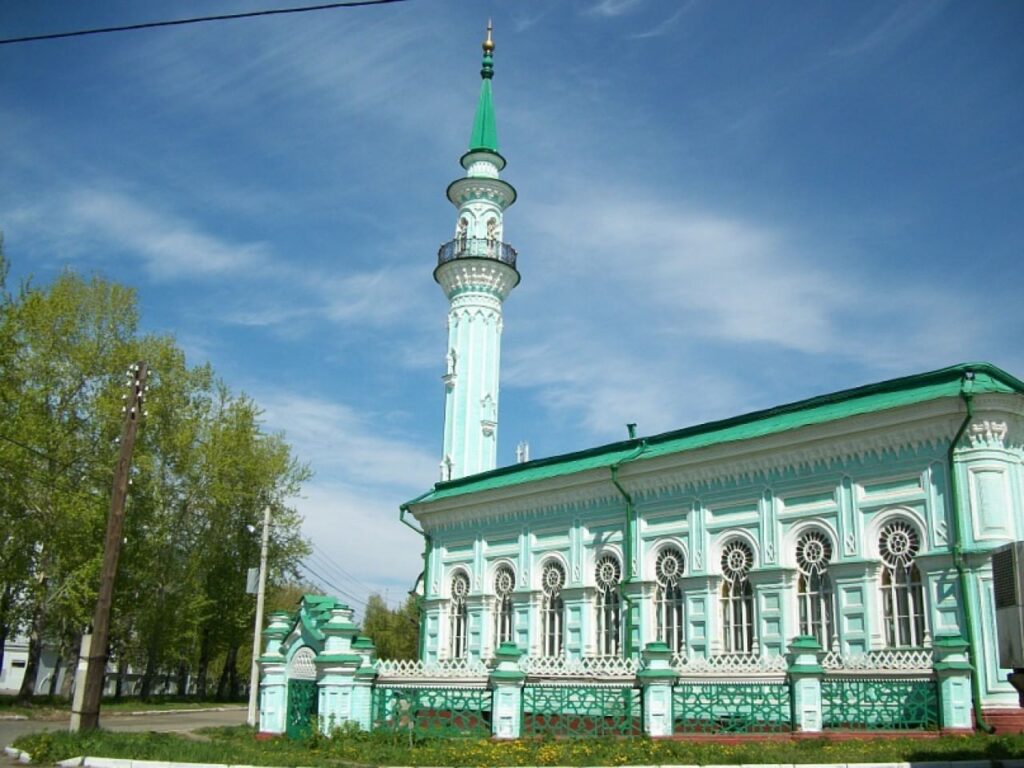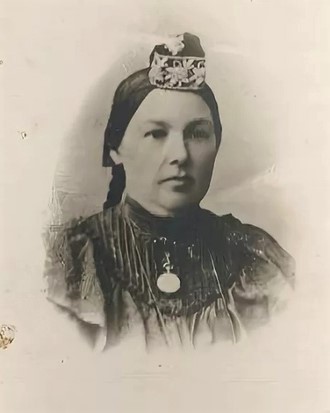Galimdzhan Mukhammadzhanovich Barudi

Galimdzhan Mukhammadzhanovich Barudi (Galeev) was a theologian, religious and public figure, teacher and educator. He was born on February 17, 1857 in the village of Malye Kovali, Kazan district, Kazan province, in the family of a merchant. When he was three years old, his family moved to Kazan. He studied at the Kasimiya Madrasah in Kazan.
In 1875, he left for Bukhara to continue his religious education. In 1882, he returned to Kazan, where he became the second imam of the White Mosque. In 1883, he founded his own madrasah, giving it the name of his father – “Muhammadiyah”, which became a large and prestigious theological school in Kazan, in which a progressive sound method of teaching began to be used since 1891.
In 1887, G. Barudi took a long trip to the Ottoman Empire and Egypt. Since 1905, he devoted himself almost entirely to teaching, wrote textbooks, was actively issued in the press, expanded and improved the curriculum of his madrasah. In 1906, Barudi founded and headed the magazine under the title “ad-Din wa-l-adab” (“Religion and Morality”) published in Kazan, which was banned by the authorities in 1908. In the same year, Barudi was accused of spreading Pan-Islamic ideology and exiled to Vologda province.
In 1913, he returned from exile and relaunched publishing his magazine until 1917. Barudi is the author of a number of textbooks, many of which have become classic examples of textbooks for schools and have survived more than 10 reprints, including the first Turkish alphabet of new method (“Initial Literacy”), textbooks on arithmetic, Arabic, Tatar-Arabic-Persian dictionary, etc.
In January and August 1906, he participated in the work of the Second and Third Congress of Muslims of Russia, was a member of the board committee of Ittifaq al-Muslimin, the Muslim organization. On May 1-2, 1917, he was elected mufti by a majority of votes at the All-Russian Muslim Congress in Moscow. In 1920, worried about the fate of his unique library, he donated 4288 volumes to the Tatar Republic. The Barudi collection became the basis of the Eastern fund of the scientific library of N.I. Lobachevsky Institute of Kazan University.
He died in Moscow on December 6, 1921, and was buried in Kazan.
Learn more: https://bolgar.academy/gm-barudi/
BULGARIAN ISLAMIC ACADEMY
Other publications
All publicationsFebruary 1st
Sultan Mosque – "Usmanovskaya", "Eighth Cathedral", "Red"
It was built in 1867 by the Kazan merchant of the first guild Zigansha Usmanov (1817-1872) according to the project of the architect P.E. Anikin.

March 6
Mukhlisa Bubi
Mukhlisa Bubi (Nigmatullina) is a religious figure, teacher. She was born on March 6 (February 21), 1869 in the village of Izh-Bobya, Sarapulsky district, Vyatka province in the family of a mullah.

